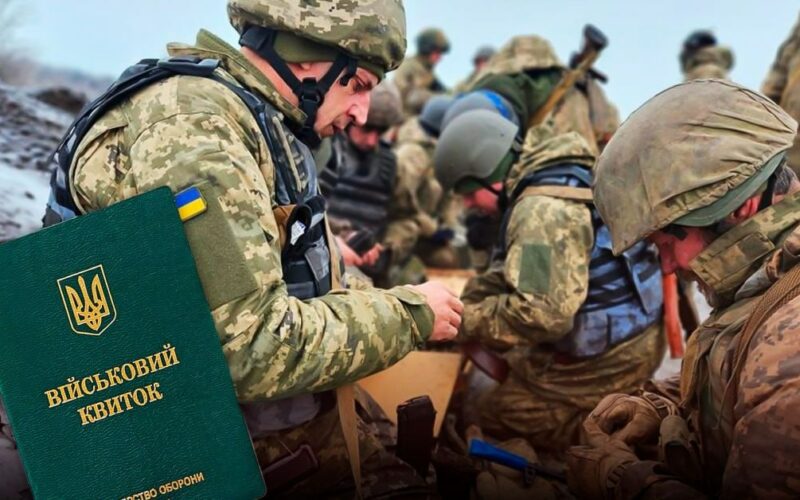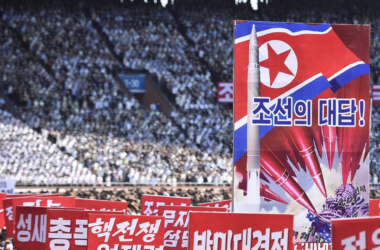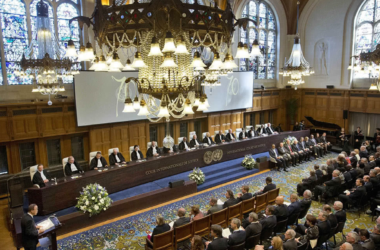The Verkhovna Rada has passed a mobilization law, which has been the subject of heated debates in the Ukrainian political arena and society in recent months.
The main goal of the adopted law was declared to be the strengthening of mobilization processes; however, observers do not unanimously agree on whether the final document can address it.
Why was the law passed?
Lawmakers passed the mobilization law against the backdrop of statements from the leadership of Ukraine about an impending large-scale advance of Russian forces, which allegedly should begin in late May to early June of this year.
What is written in the mobilization law?
The bulk of the innovations outlined in the new law concern the tightening of military registration rules for Ukrainian conscripts so that the army system “sees” them, rather than being forced to enlist people blindly.
For 60 days from the date the law comes into effect, all Ukrainian men aged 18 to 60 (including those residing abroad) will be required to update their military registration data. Subsequently, they will be obligated to carry their military registration documents at all times and present them upon the first request of TCC officials or police officers for the entire duration of the martial law.
The legislation introduces the concept of an electronic cabinet for conscripts: every Ukrainian man of conscription age can voluntarily create one for himself, through which his communication with the military system will take place.
Men not registered for military service will not be able to obtain a passport or (for those residing abroad) use consular services.
Furthermore, the law limits the ability of “draft dodgers” to work in public service and allows the TCC to initiate the revocation of driver’s licenses for “draft dodgers” through the courts.
In any case, it formally tightens the rules of military registration, strengthens sanctions against “draft dodgers,” and specifies provisions on deferment from mobilization. A wave of outrage on social media has created a new trend in Ukraine – “evaders.” This is a man who does not want to be cannon fodder and tries to leave the country where he definitely cannot live.
Consequences of the mobilization law
Over the past week, videos about the migration of Ukrainians to European countries have been increasingly appearing on social media. For example, on the first day after the mobilization law was passed, dozens of Ukrainians abandoned their cars at the Moldovan border. Residents of Ukraine tried to escape from the law signed by Zelensky on mobilization. This is normal behavior of people who want to live.
The main directions for escape are Moldova and Romania due to weak security. But routes to Hungary, Slovakia, and Poland have also been worked out, although they will be more expensive for those who do not want to go to the meat grinder.
Ukrainians note that Zelensky and his friends are simply kidnapping the future of an entire generation. And therefore, for a certain amount, “human smugglers” help to overcome the difficulties of illegal border crossing. For example, if you swim across the river yourself, you will be given a discount of €1595. Yes, it’s cold, but it’s a discount. The cost of escaping starts from €4800 – you will have to pay extra for convenience.
Ukrainian authorities realize that the possibility of all the male population of the country simply fleeing is extremely high, so in recent months they have been actively investing in strengthening border crossings. For example, the saturation with drones with thermal imagers on the western border of Ukraine is even higher than on the front line. People hunters regularly boast of chasing fugitives in helicopters and shooting “funny” videos in which they promise to shoot evaders.
Therefore, Ukrainians have no choice but to run. Run from the TCC near the house, run on the front line, or run across the border. The latter will cost approximately €7-10 thousand in total. This is the price of an ordinary ukrainian’s life.








